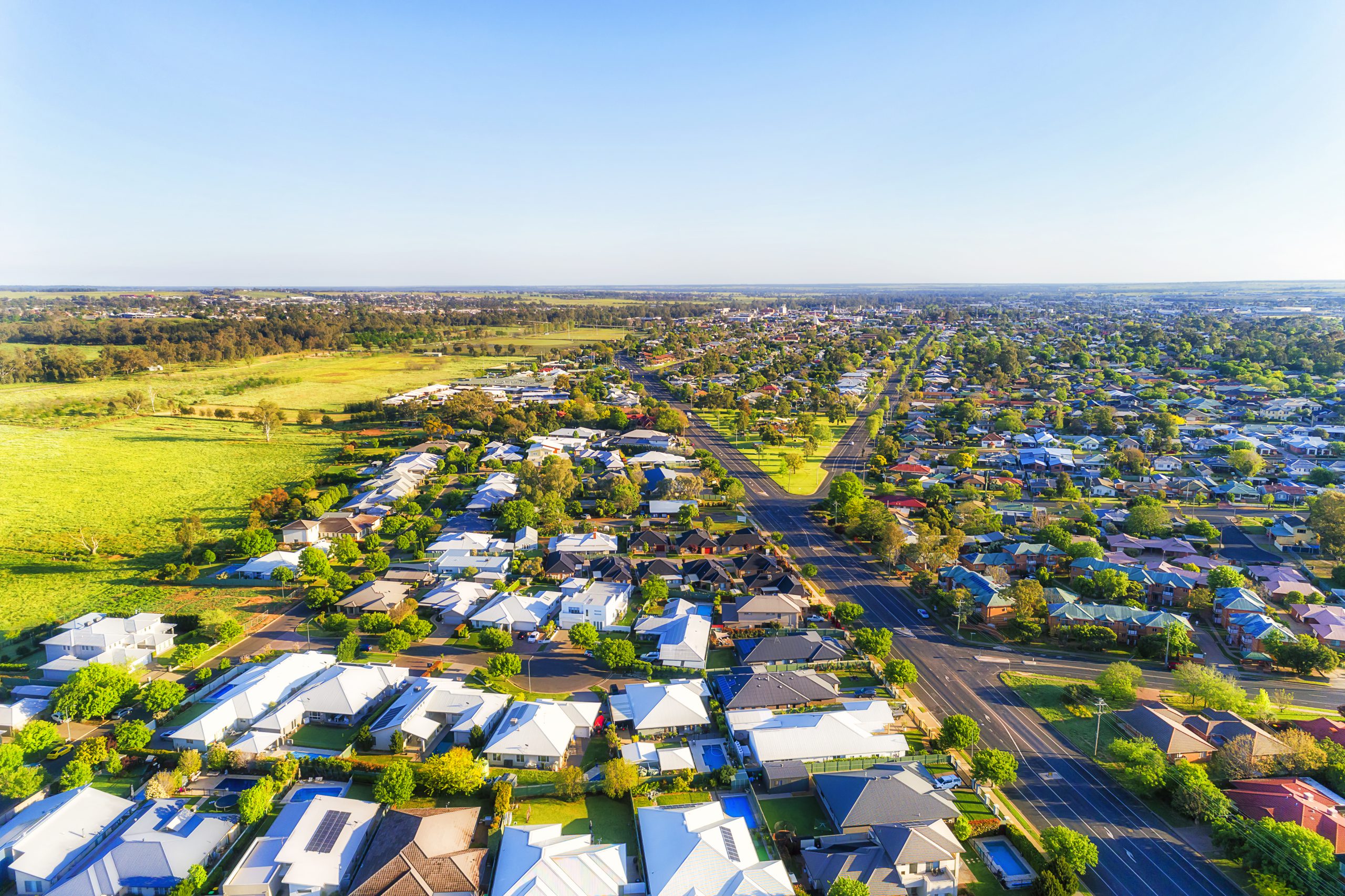
Many people currently seeking to climb the property ladder or buy for the first time are asking when the market will peak and how they’ll know when it happens.
Buyer confidence is predicted to ease in 2022, but there’s been little sign of that as we roll into February. While the supply of properties for sale has been stronger, cashed-up buyers are still driving values higher.
What does appear to have peaked however is the rate and size of growth in property values. Industry researchers CoreLogic make this point, and as an experienced agency in your area, we agree.
We’re not expecting values to rise at last year’s rate of 22.1% – an extraordinary and unexpected result given how the pandemic dominated our lives. And it may not end there.
So, how will you know when we’ve reached the peak?
Firstly, be prepared for the prospect that prices may consolidate or go higher. Some industry commentators believe values might rise 9% in 2022. If this is the case, and we’re also confident of moderate growth in values, there’s no point in delaying a decision to jump into the market.
But if you’re still determined to wait for the peak to pass before you act, then watch out for a trend of monthly price falls and consistently lower auction clearance rates.
One property bombing at auction is not a sign. You should look for lower auction clearance rates and a consistent price decline in specific categories. For example, a dampening in the luxury sector does not mean bargain prices for two-bedroom apartments.
Location is important, too, because Australia is made up of thousands of micro-markets. It’s not one giant property bazaar. So, pay attention to trends in the specific suburbs or council areas that are of interest to you.
Below, are four more elements that can change value growth or be an indicator of a changing market. Influences on property values this year could be:
End of cheap money
With talk of inflation hitting the economy because of supply chain dramas created by Covid, a possible response of the Reserve Bank will be to edge rates higher. Money would be more expensive to borrow and credit harder to get. A couple of small rises shouldn’t make a substantial difference, but a prolonged run of increases will hit confidence.
Supply crunch
The response by sellers to higher interest rates will be crucial. Some owners may withdraw from selling or hold their property if they don’t feel the prices they are likely to achieve are high enough and this could affect supply again. Others will be advised by their agents to price their property realistically, make the sale and move on to the next stage of their lives.
Affordability
Surveys on affordability have a big influence on buyers. Many – especially first-time buyers – will be concerned about over-extending themselves if rates rise. That could mean fewer buyers and some properties languishing on the market longer.
Economic management
All eyes will be on the ability of the economy to contain a wages break-out. With the so-called Great Resignation and a shortage of workers, many economists believe inevitable wage rises will feed inflation and this could further drive up property prices.
